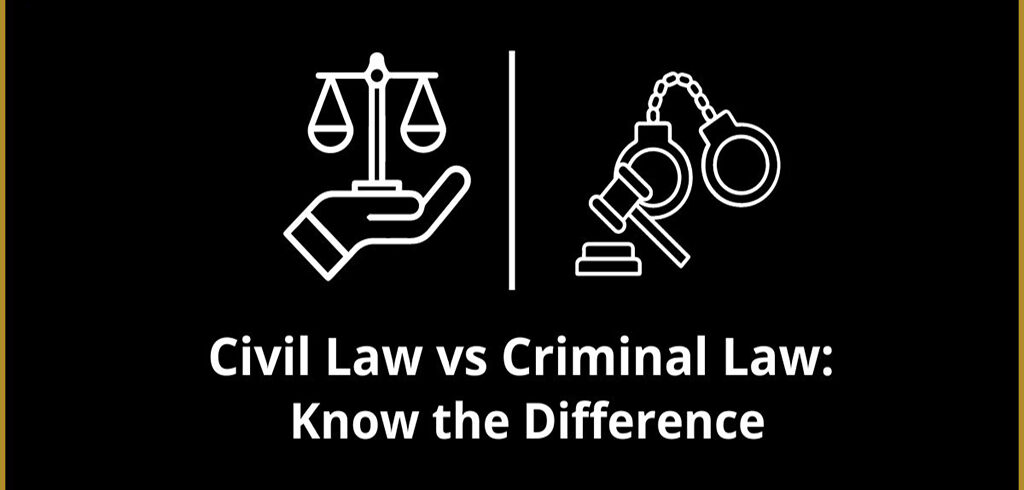
Introduction
Thailand’s booming real estate market has attracted investors from around the globe seeking lucrative opportunities. Its tropical climate, beautiful landscapes, and relatively low property prices have made it an enticing prospect for those looking to purchase real estate. However, before diving headfirst into this market, it is crucial to understand and navigate the potential pitfalls that come with buying property in Thailand. In this blog, we will explore the common challenges and risks associated with real estate transactions in Thailand, equipping you with the knowledge needed to make informed decisions.
Legal and Ownership Issues
One of the primary concerns when purchasing property in Thailand is the legal framework and ownership regulations. Foreigners are generally prohibited from owning land outright, with a few exceptions. However, they are allowed to buy and own condominium units within specific quotas. It is essential to work with reputable Phuket lawyer to ensure compliance with Thai laws and to understand the restrictions and obligations associated with property ownership.
Land Title Verification
Verifying the land title is crucial before making any real estate purchase in Thailand. Land ownership disputes, conflicting claims, or unclear boundaries can lead to significant problems down the line. Engaging the services of a competent lawyer and conducting thorough due diligence, including examining the land title deed (Chanote), can help mitigate the risks associated with unclear ownership.
Developer Credibility
Thailand’s real estate market is flooded with numerous developers, making it crucial to assess their credibility before investing. Many projects are launched without sufficient funding or proper permits, leading to project delays or even abandonment. Researching the developer’s track record, financial stability, and completed projects can provide insights into their reliability and ensure a smoother buying experience.
Financial Risks
Currency fluctuations and unstable financial markets can pose risks when buying property in Thailand. Fluctuations in exchange rates may impact the affordability of the property and potential returns on investment, especially for foreign buyers. Consulting with financial advisors and considering hedging strategies can help mitigate these risks.
Hidden Costs and Taxes
Buyers should be aware of the additional costs associated with purchasing property in Thailand. These costs include transfer fees, stamp duty, specific business taxes, and legal fees. Failure to account for these expenses can lead to financial strain or even impact the legality of the transaction. Engaging a qualified Phuket lawyer can help clarify and account for these costs during the buying process.
Construction Quality and Standards
When buying off-plan properties or newly constructed developments, it is vital to assess the construction quality and adherence to safety standards. Engaging independent building inspectors can help identify potential issues or discrepancies, ensuring that you invest in a property that meets your expectations and complies with local regulations.
Conclusion
Buying real estate in Thailand offers an exciting investment opportunity, but it is not without its pitfalls. By understanding the legal framework, conducting thorough due diligence, and working with reputable professionals, investors can navigate these challenges and make informed decisions. Remember to verify land titles, assess developer credibility, account for financial risks and additional costs, and ensure construction quality. By doing so, you can maximize the potential of your real estate investment in Thailand while minimizing potential risks and setbacks.





